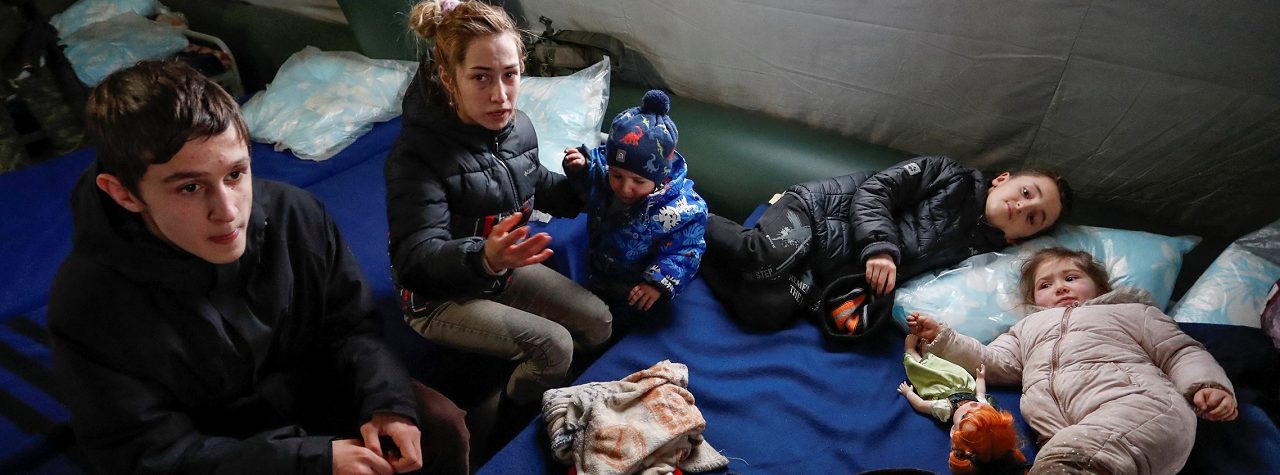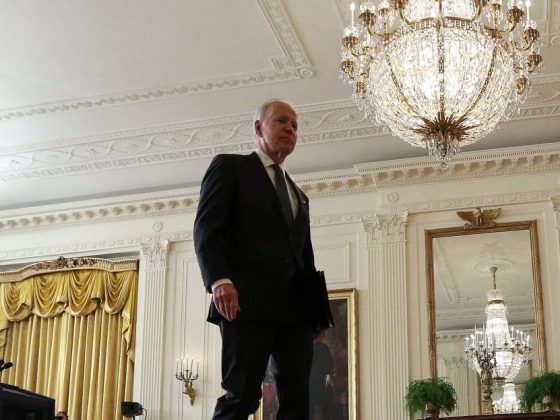The deplorable bombing of a children’s hospital in Mariupol, southern Ukraine, brings to mind the story of the mother who told reporters that her son asked her, “Mommy, why is there a war?”
She said that a few weeks prior, she had eased her son’s concerns by saying that people no longer fight wars like they used to, that we are past that. Now, she and her son were hiding in the metro station, a makeshift bomb shelter, while her husband was on the frontline.
“Once children internalize the lesson of sharing, it will stay with them for life. It will help them in their relationships with others throughout their lives, and hopefully, thanks to their mothers’ clear explanations, they will be able to avoid wars in the future.”
Many children ask such difficult questions these days, a consequence of the terrible circumstances they have been thrown into without forewarning. But children understand war better than we think. After all, their lives are a daily struggle. Since they have not acquired the social skills that enable us to maneuver smoothly through social situations, for them, every day at the kindergarten or at school is a battle.
To give them a true and helpful answer, we should tell them that our ego is the cause of all the wars. The ego wants to satisfy itself and not take anyone else into consideration.
Subsequently, we should tell them that just as children might squabble over a toy, grownups squabble over parts of land. Likewise, when children fight, they might hit each other with a stick or a plastic shovel, while adults use tanks and airplanes.
Nothing changes from childhood to adulthood: Another person has something I want, or that I think should be mine, and I will take it by force if I have to. This is how the ego works, and this is the reason for all the wars.
A child who is hiding from the “toys” of the grownups will understand the message very clearly. This is our chance to explain, regrettably too vividly, that fighting is not good, that if we care for each other and share with each other, everyone will have more and we will not have to fight for what we want or to protect what we have.
Once children internalize the lesson of sharing, it will stay with them for life. It will help them in their relationships with others throughout their lives, and hopefully, thanks to their mothers’ clear explanations, they will be able to avoid wars in the future.











